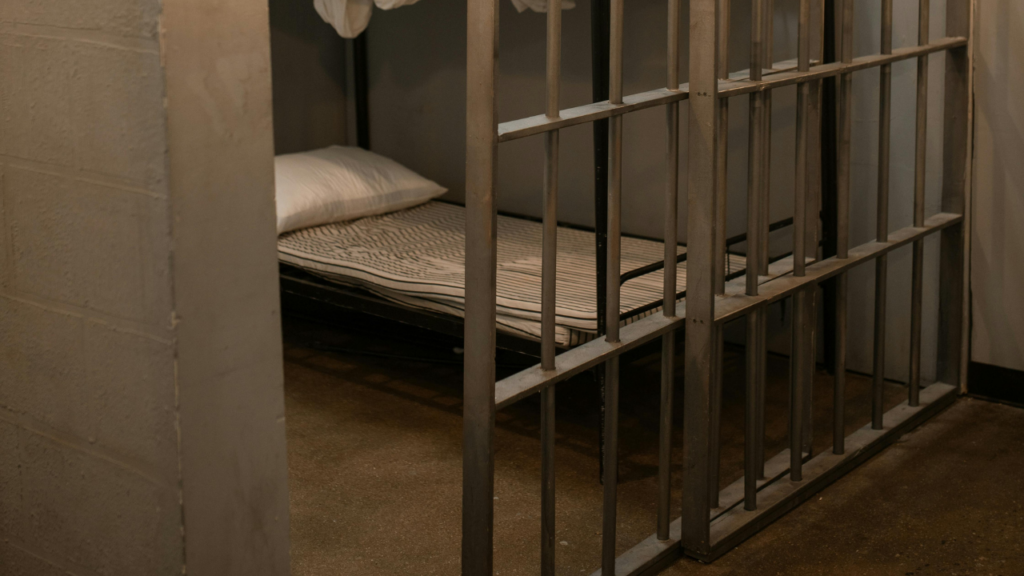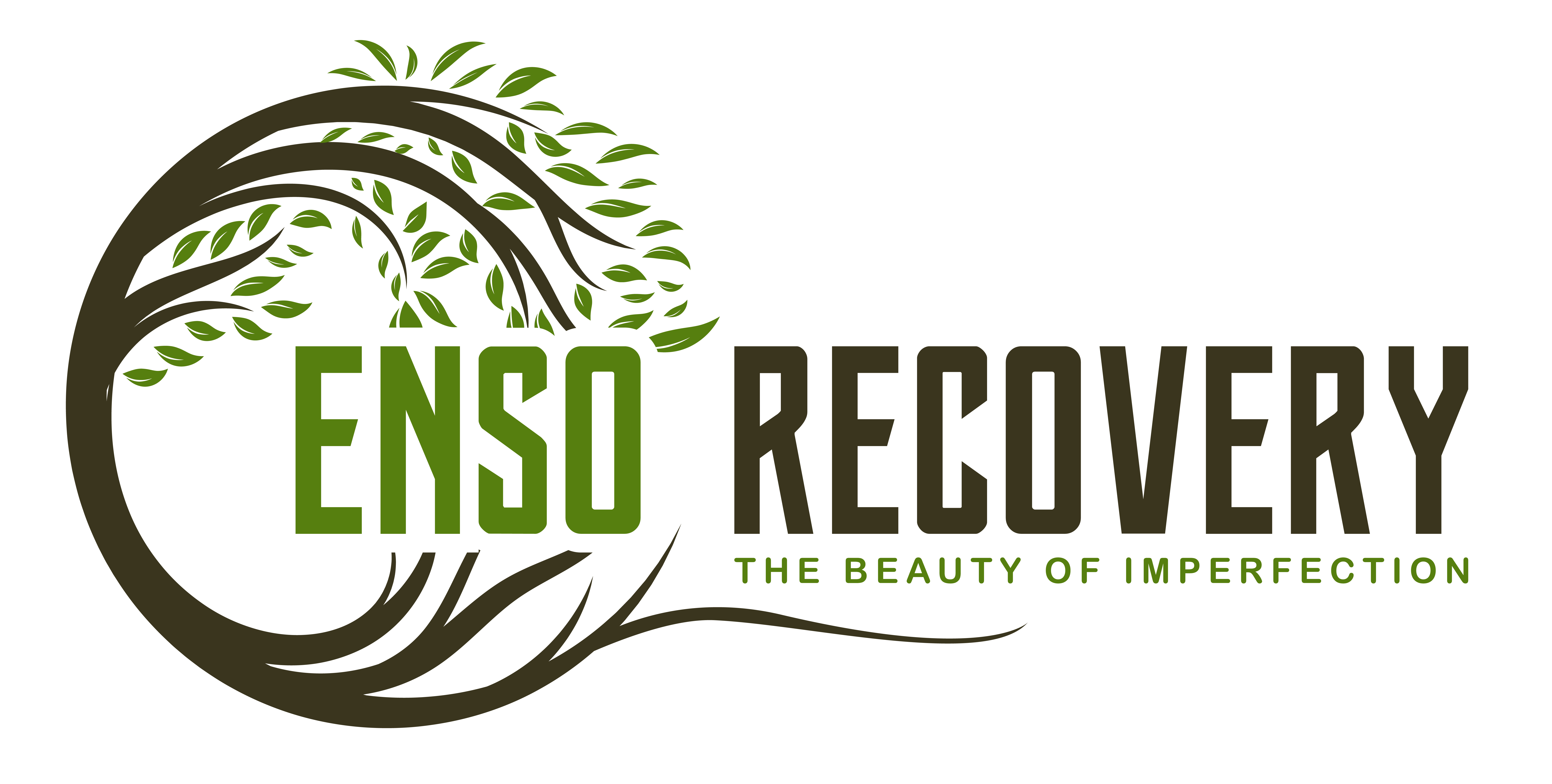For many Maine residents struggling with substance use disorders, contact with the criminal justice system becomes an unfortunate reality. Traditional approaches that focus solely on punishment have proven ineffective at addressing the root causes of addiction-related crimes. Fortunately, Maine has developed various diversion programs that recognize addiction as a health issue requiring treatment rather than incarceration.
These programs represent a fundamental shift in how the state approaches drug-related offenses, offering individuals the opportunity to receive treatment and support instead of serving jail time. Understanding how these programs work and who qualifies can make the difference between a cycle of incarceration and a pathway to recovery.
Understanding Diversion Programs in Maine
Diversion programs are alternatives to traditional criminal prosecution that redirect individuals away from jail and into treatment and support services. These programs recognize that many crimes, particularly drug-related offenses, stem from untreated substance use disorders. Rather than treating the symptoms through punishment, diversion programs address the underlying causes through comprehensive treatment and support.
Maine operates several types of diversion programs, each designed to serve different populations and circumstances. Drug treatment courts are special programs that utilize intensive judicial monitoring, specialized treatment, frequent and random drug testing, case management services, alongside other needed services including housing, employment, and health care. These programs offer participants the opportunity to complete treatment requirements instead of serving traditional sentences.
The philosophy behind diversion programs extends beyond simply avoiding jail time. These initiatives aim to break the cycle of addiction and crime by providing participants with the tools and support they need to address their substance use disorders while remaining connected to their communities, families, and employment when possible.

Pre-Arrest Diversion: Early Intervention
One of the most innovative approaches Maine has adopted is pre-arrest diversion, which intervenes before formal charges are filed. ENSO Recovery is in partnership with the City of Portland Department of Public Health, The Portland and Sanford Police Departments, the Cumberland County and Kennebec County Drug Courts to support these early intervention efforts.
Pre-arrest diversion programs allow law enforcement officers to connect individuals with treatment services instead of making arrests for low-level, drug-related offenses. When officers encounter someone whose criminal behavior appears to be driven by addiction, they can refer that person directly to treatment providers rather than booking them into jail. This approach prevents individuals from entering the criminal justice system while ensuring they receive the help they need.
ENSO Recovery is the first substance use treatment program to provide medication assisted treatment in Maine county jails and are active at a state and national level advocating for pre-arrest diversion. This pioneering work has helped establish Maine as a leader in implementing alternatives to traditional enforcement approaches.
The success of pre-arrest diversion depends on having treatment providers available to accept referrals immediately. ENSO Recovery’s collaboration with law enforcement agencies helps ensure that when officers identify someone who would benefit from treatment over arrest, appropriate services are readily available.
Adult Drug Treatment Courts
Maine’s adult drug treatment courts provide comprehensive programs for individuals who have already entered the criminal justice system. Clients are referred to the program by defense attorneys, district attorneys, judges, jail staff, family members, and themselves. These courts operate under the principle that addiction is a disease requiring treatment rather than a moral failing requiring punishment.
Participants in drug treatment courts must meet specific eligibility requirements, which typically include having a substance use disorder that contributed to their offense and being willing to participate in intensive treatment and monitoring. The programs are not appropriate for everyone, particularly those who have committed violent offenses or who pose a significant risk to public safety.
Successful clients participate for a minimum of one year, at the end of which they will complete an agreed upon sentence. Any jail time is typically served prior to beginning the program. This structure allows participants to focus entirely on their recovery without the threat of incarceration hanging over them, provided they comply with program requirements.
The drug court model emphasizes accountability alongside treatment. Participants must appear regularly before a judge who monitors their progress, submit to frequent drug testing, attend treatment sessions, and comply with other requirements such as maintaining employment or education. Successful completion of the program typically results in dismissed charges or significantly reduced sentences.
Juvenile Diversion Programs
Maine has also developed specialized diversion programs for young people. These court supervised, post-plea (but pre-final disposition) drug diversion programs provide comprehensive community-based treatment services to juveniles convicted of an offense and their families. The juvenile programs recognize that early intervention is crucial for preventing a lifetime pattern of addiction and criminal behavior.
The juvenile drug court programs run about 52 weeks and are divided into four phases, each with distinct treatment goals and specified completion times. This phased approach allows young participants to gradually build recovery skills while demonstrating their commitment to change.
Juvenile diversion programs often involve families more extensively than adult programs, recognizing that family dynamics play a crucial role in both addiction development and recovery success. Services may include family counseling, educational support, and connections to community resources that can support the entire family system.
ENSO Recovery’s Role in Diversion
ENSO Recovery has been at the forefront of Maine’s diversion efforts, working closely with law enforcement and courts to provide treatment alternatives. ENSO Recovery provides treatment, referral, and collaboration through county jails throughout Maine. This collaboration extends beyond traditional treatment to include innovative approaches that keep people out of jail while addressing their addiction.
The organization’s work in county jails represents a critical component of diversion efforts. ENSO Recovery has been working with jails to provide MAT services as part of grants from the Maine Department of Health and Human Services, with funding from the federal government, to combat opioid abuse in jail and after inmates leave. This approach ensures continuity of care for individuals whether they’re diverted before arrest or while incarcerated.
ENSO’s medication-assisted treatment programs play a particularly important role in diversion efforts. Many individuals whose crimes stem from opioid addiction can benefit tremendously from MAT services, which reduce cravings and withdrawal symptoms while allowing them to participate fully in other aspects of treatment and life. The organization’s acceptance of individuals on MAT in all their recovery residences further supports successful diversion outcomes.
Eligibility and Access
Not everyone is eligible for diversion programs, and criteria vary depending on the specific program and jurisdiction. Generally, candidates for diversion must have offenses that are primarily related to their substance use disorder rather than violent crimes or major drug trafficking. Many programs require participants to acknowledge their substance use problems and express willingness to engage in treatment.
The assessment process for diversion programs typically involves evaluating both the individual’s legal situation and their treatment needs. The drug court manager conducts a clinical assessment that includes interviews, observations, additional standardized testing tools, and file reviews. This comprehensive evaluation helps ensure that diversion programs serve individuals who are most likely to benefit from treatment-based interventions.
Access to diversion programs can vary by location within Maine, with some areas having more developed programs than others. However, the state continues to expand these offerings as their effectiveness becomes increasingly clear. ENSO Recovery’s partnerships with multiple counties help ensure that diversion options are available across different regions of the state.
The Benefits of Choosing Treatment Over Incarceration
The advantages of diversion programs extend far beyond avoiding jail time. Participants can maintain employment, housing, and family relationships while receiving treatment. This continuity is crucial for long-term recovery success, as disrupting these stabilizing factors often makes recovery more difficult.
We believe that safe housing is a critical component in recovery and that it dramatically impacts the rate of positive outcomes and reduces both recurrence and criminal recidivism rates. Diversion programs allow individuals to access stable housing through recovery residences while avoiding the destabilizing effects of incarceration.
The cost-effectiveness of diversion programs also benefits the broader community. Treatment is typically far less expensive than incarceration, and successful participants are less likely to commit future crimes. This creates a positive cycle where communities invest in solutions that both help individuals and enhance public safety.
Moving Forward with Diversion
Maine’s diversion programs represent a evidence-based approach to addressing the intersection of addiction and crime. By recognizing that substance use disorders require treatment rather than punishment, these programs offer hope for individuals who might otherwise become trapped in cycles of addiction and incarceration.
For individuals facing drug-related charges, understanding diversion options can be life-changing. Working with defense attorneys who are familiar with these programs and treatment providers who participate in diversion efforts is crucial for accessing these alternatives.
ENSO Recovery’s involvement in diversion programs reflects our understanding that addiction treatment must meet people where they are, whether that’s in jail, in court, or in the community. Our comprehensive services, including medication-assisted treatment, recovery housing, and case management, support successful diversion outcomes by addressing the full range of needs that contribute to both addiction and criminal behavior.
If you or someone you love is facing drug-related charges and struggling with addiction, know that alternatives to incarceration may be available. Contact ENSO Recovery at 207-245-1800 to learn more about how our treatment programs can support diversion efforts and help break the cycle of addiction and crime. Treatment works, and Maine’s diversion programs prove that recovery is possible even in the most challenging circumstances.
